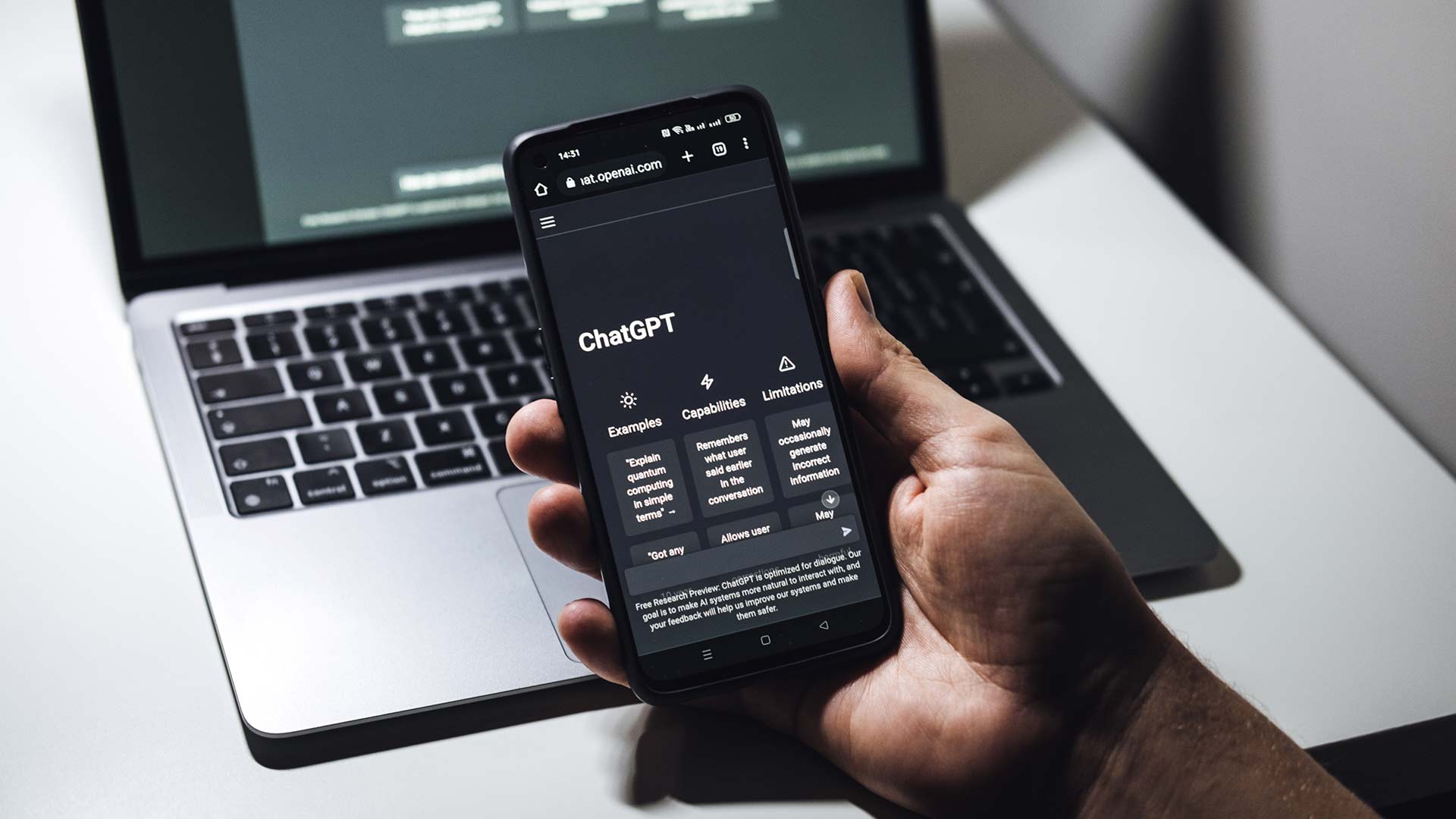We believe that technology has the potential to unite people. On Episode 14 of The Disruptive Mindset Podcast we spoke to Milkah Wachiuri, the Chief Growth Officer at Cellulant, who shares that belief. She shared her insights on how FinTech can connect the African continent through seamless payments and how Cellulant’s solutions are set to transform the way business is done across borders.
How important has it been in Africa to have a single digital payment platform?
My favourite statement on this one always is that Africa is not the United States of Africa. It’s 54 sovereign nations that run independently. That means different currencies, different regulations, or different customer needs, because people operate differently. Top that off with the fact that not everyone is banked on the continent and not everybody is going to be making payments online. The majority of people who are digital have mobile wallets where they would store their cash. A lot of these markets have a few exceptions, and Kenya is a prominent example of that. Each of these markets have different nuances too, so from a payments perspective it’s a real nightmare.
On the continent it’s not seamless. It’s not just one connection, you have to put all of these payment methods and types together in different markets with all those different regulations and jurisdictions and try to make them work together. Our work at Cellulant is to make that madness simple. We make it easier for a merchant who works with Cellulant to operate in all of those markets by using an API that allows them to pay out and pay in and do so at a pre-agreed time. By giving you our API we can settle your accounts at a pre agreed time in your currency of choice, both online and in store. If you’re providing a service we’re able to support you on that. We partner with banks and mobile network operators to make that happen.
If someone was looking to join a start-up like Cellulant, what advice would you give them?
Do it. Even through my experience here at Cellulant I’ve managed to get a lot of experience in a short time. When you get into a start-up at the right time the world is your oyster, right? Because businesses at that point are not caged by hard and fast rules, there are all sorts of exciting things happening. You can literally move into whichever department you want to and you can experiment as much as you want.
If you’re looking to move into a start-up, look for what I call the trifecta. If you’re judging whether this is a good thing to do, firstly, look at your boss. Do they genuinely care about the work that the company is doing and the work that they’re doing? Secondly you should look at whether the company is in an industry that is growing, because you will definitely grow as a result. It can’t just be any startup. Do a bit of research to see if this is an industry that seems to be headed somewhere. The third consideration is whether or not you love figuring things out, often from scratch, because nothing is built in a startup. If you like nice boxes where everything is spelled out about what needs to be done, you will not enjoy working in a start-up. If you love figuring things out though, if you like to build from scratch, if you like to be your own boss and do your own stuff, you’re gonna have a wonderful time in a startup.
What’s the biggest misconception that people have about your field of work?
When you think about the FinTech payment space that I’m in, you would think that the work is done, right? Surprisingly, we are very far from getting done. Cash remains a major form of payment in the continent – it’s the largest competitor for any payments business. 90% of transactions, especially in retail, are still happening in cash. There’s so much space to digitise in the continent.
We need people to continue to invest, not just in businesses that are trying to get things running across different sectors of payments, but also in good talent if we want to grow these businesses. We also need good governance to really really grow the continent. If you look at digitising payments and the impact it has on economies, it’s clear how much of a difference it could make in the African continent. If we could utilise all the wonderful resources we have and all the wonderful talent we have too, we could harness a lot of progress and opportunities for young talent across the board. There’s a lot of work to be done, despite the noise all over the continent, and especially in the payment space. We have barely scratched the surface, and there’s much to be done.
To learn more about Milkah’s work in connecting Africa through FinTech, tune into The Disruptive Mindset Podcast here.









